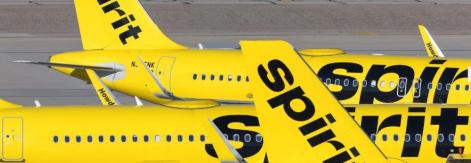A grand total of 583,937 foreign tourists arrived in Costa Rican airports during the first half of the year, up 28 percent from the first six months of 2003.
Would this increment continue at a such a white-heat pace, tourism authorities in the country are expecting to put up numbers in the double digits by the end of the ongoing year and rake in some $1.4 billion worth of revenues, nearly $200 million more than in 2003.
International tourism panned out to be Brazil’s third-largest source of income money during the first half of the ongoing year with $1.6 billion worth of revenues, up 46.3 percent from 2003.
The Central Bank reported that the local travel industry only trailed behind soybeans and iron ore as the South American nation’s biggest source of hard-currency money.
Potentially low hotel fares in both Cancun and the Mayan Riviera are bugging travel industry authorities who are concerned about a possible bad case of overblown demand.
The local Tourism Department informed that despite the area has plenty of building space for more hotels –barely 30 percent of the total surface is being used right now- opening more resorts there takes an array of additional actions to prevent travel gridlocks.
Some 350 Venezuelan and Argentinean entrepreneurs huddled last week in Polamar (Margarita Island) to cut a number of business deals in several fields, including tourism.
Venezuela’s Foreign Office informed the business round –held within the framework of the Venezuela & Argentina: Integration Partners forum- was opened by President Hugo Chavez on behalf of the host country and closed two days later by his Argentine counterpart Nestor Kirchner.
Brazilian authorities are weighing a request made by local low-cost air carrier Gol to start regular flights to Argentina. Nevertheless, the Civil Aviation Department (CAD) rebuffed a communiqué issued by Gol’s front office in which the company was trumpeting the official go-ahead and the beginning of flights for the last quarter of the ongoing year.
CAD officials explained the authorization process is not over yet. Even though Gol is expected to pass all technical and operational requirements, the main problem will lie in the tax policy because the company’s low fares could make quite a significant dent in other Brazilian airlines, such as TAM and Varig, that are currently flying to Argentina.
As a token of good winds for the travel industry, all major U.S. airlines are carrying more passengers now than in any other month of the year, averaging a 75 percent plane seat occupancy.
The biggest jump of all went to Northwest, up 4.6 percent from June 2003 and peaking an 86.4 percent seat occupancy in all booked flights last month.










